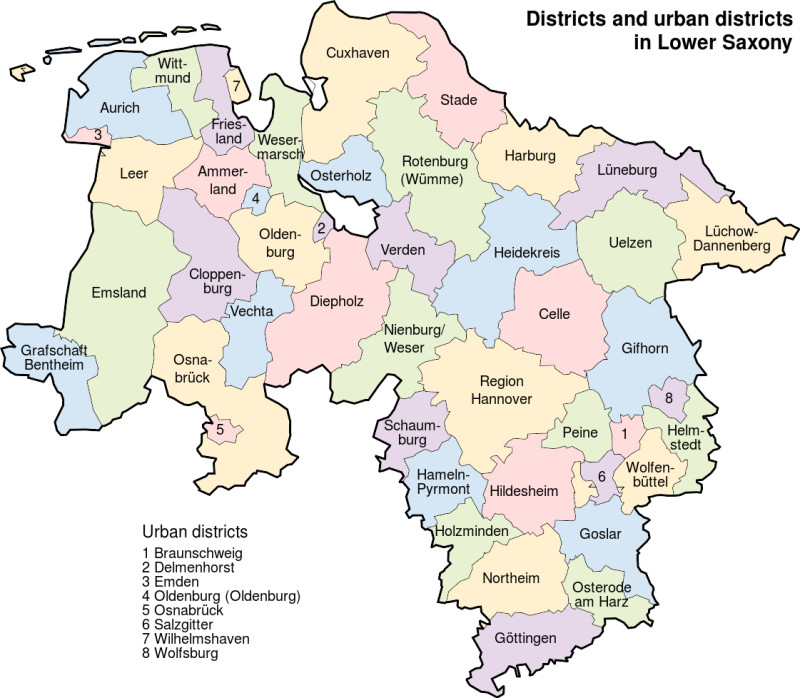News Details

A new interdisciplinary study asks: How should new forms of urban governance acquire, store, create, or disseminate knowledge to effectively foster sustainability transformations?
Cities are major sources of global CO2 emissions. Effective actions and new forms of urban governance are urgently needed for climate mitigation and adaptation in cities. Yet, it is still unclear how we can think about and mobilize different kinds of knowledge to help address climate change.
In a new interdisciplinary study by the Scientific Director of the KLI and researchers at the Faculty of Sustainability at Leuphana University and Wuppertal Institut für Klima, Bickel et al. ask: How should new forms of urban governance acquire, store, create, or disseminate knowledge to effectively foster sustainability transformations?
To tackle this question, they took a multilevel knowledge systems approach based on design principles informed especially by literature in knowledge management and philosophy. Their theoretical schema addresses: (i) the working environments of climate-action managers across multiple levels of organization (local, federal, national), (ii) the forms and types of knowledge used in the system (from operational to transformational), and finally, (iii) the horizontal (within-level) and vertical (cross-level) knowledge processes (Figure 1).

Figure 1. Scheme of a highly interconnected multilevel knowledge system
With this theoretical schema as a framing device, the authors focused on municipal climate action in German energy transition. They investigated the operational work of Municipal Climate Action (MUCA) managers at the regional centers of Lower Saxony, one of the largest of the 16 federal German states, and analyzed their involvement in knowledge processes (Figure 2).
The study highlights several areas in need of improvement: (i) multilevel coordination for accelerating routine operation, (ii) the persistence of local operational knowledge, and (iii) the exploitation of local innovations.

Figure 2. Opportunities and required conditions that facilitate knowledge processes for Municipal Climate Action (MUCA) in the mulitlevel knowledge system of Germany.
So how can urban cities create usable transformational knowledge? The keyword is “local.” Bickel, Caniglia, Weiser, Lang, and Schomerus conclude that we need more and better policies that (i) rely on local knowledge for effective decision-making, (ii) foster exchanges of explicit and tacit knowledge for implementation, and (iii) enable open-ended learning processes that leverage local innovations.
Read the paper here: https://doi.org/10.1016/j.jclepro.2020.123628
Publication:
Bickel, M. W., Caniglia, G., Weiser, A., Lang, D. J., & Schomerus, T. (2020). Multilevel knowledge management for municipal climate action: Lessons from evaluating the operational situation of climate action managers in the German Federal State of Lower Saxony. Journal of Cleaner Production, 277, 123628.
Edited by KLI Communications Officer Lynn Chiu

